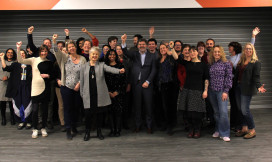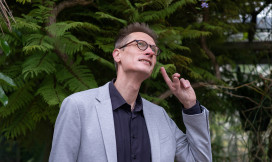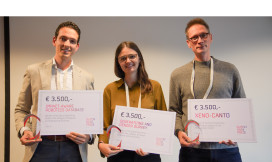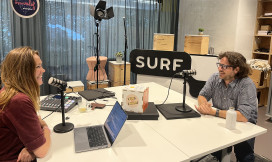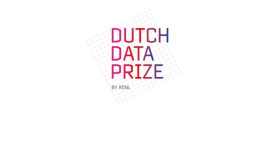Open science
Open science is een beweging die pleit voor een meer open en participatieve benadering van onderzoek. SURF draagt hier actief aan bij met onze Innovatiezone: Strengthening Open Science. We stimuleren het zo vroeg mogelijk delen van resultaten (zoals publicaties, data en software) en helpen deze beschikbaar te maken voor hergebruik.

Ander licht op Van Gogh
Praktijkverhaal
Het Van Gogh Museum onderzoekt waarom sommige kleuren in de schilderijen van Van Gogh veranderen. SURF helpt hierbij met diensten voor het opslaan, delen en verwerken van data.

Praktijkverhaal
Tijd voor wat persoonlijke ontwikkeling via events of trainingen? Het afzoeken van de websites 14 universiteiten, 36 hogescholen en andere instellingen lijkt een onbegonnen taak. Gelukkig is er nu…

Nieuws
I'm excited we've achieved a status quo where we're talking about how we're going to reach open science instead of if we're going to reach it

